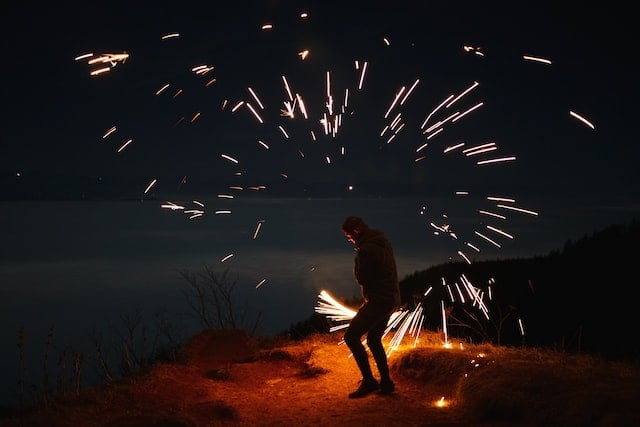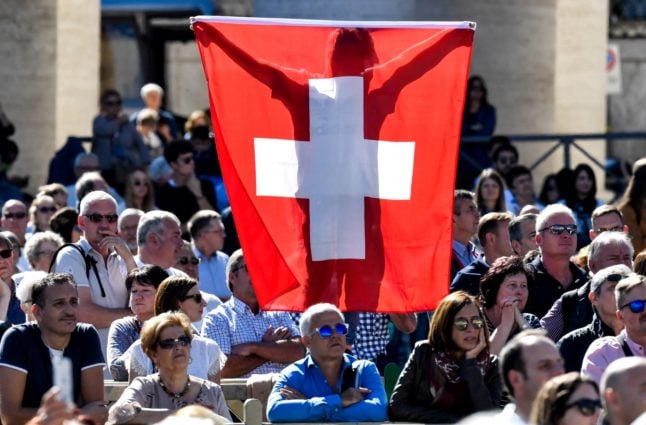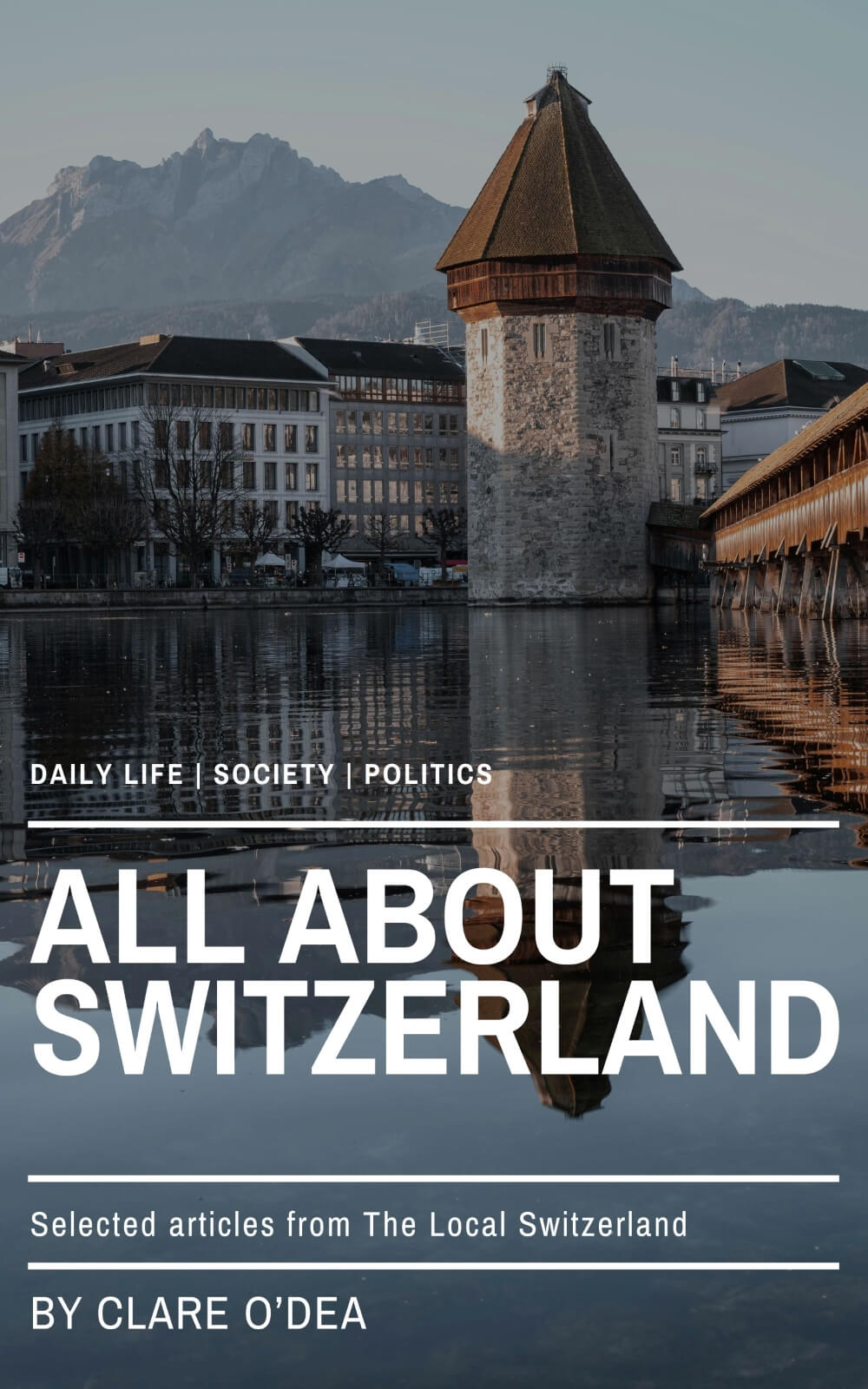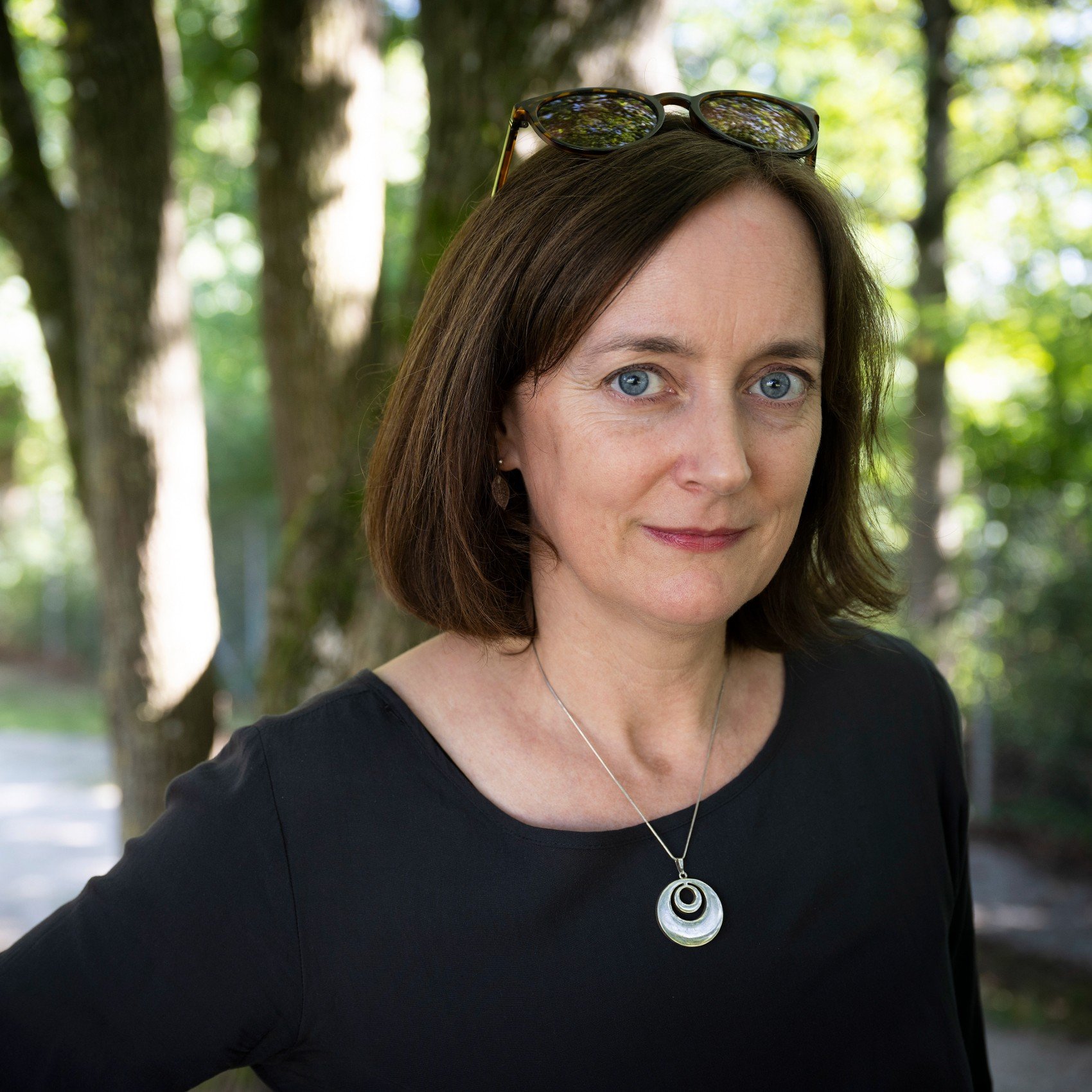When do the Swiss use fireworks?
For many Swiss people, setting off rockets and firecrackers are as much a part of the Swiss National Day on August 1st as Cervelat sausage and singing the national anthem.
At-home fireworks are also a big deal on December 31st to bring in the new year.
Almost 2,000 tonnes of fireworks are reportedly sold in Switzerland every year.
Can I buy and set off fireworks at any time?
No. Most municipalities only allow the use of fireworks on the national holiday and New Year’s Eve. At other times, only people who have a permit can set them off.
Swiss cantons can also restrict the sale of fireworks to certain events and attach further conditions. If a canton or the commune restricts trade, the commune can only do so in compliance with the principle of proportionality: This means that there must be an overriding public interest in the restriction of fireworks.
In the case of fireworks bans, it could be argued that public interest lies in protecting people, animals and the environment from harmful effects such as noise.
As the Federal Supreme Court points out, “noise emissions from fireworks and firecrackers can significantly disturb people’s well-being”.
But fireworks on certain occasions are a tradition where protection can also be in the public interest.
“For many people, fireworks are part of August 1st and New Year’s Eve,” says the court. “They enjoy setting off fireworks themselves to express their festive mood or their anticipation of the New Year, or watch fireworks set off by others in the night sky.”
In the summer of 2022, a number of cantons and municipalities banned the traditional firework displays on their territory, extending the ban to open fires as well due to high temperatures and persisting drought.
Private fireworks displays were also not allowed in many parts of the country on August 1st last year because of the heatwave.
It’s not clear at the moment if there will be similar restrictions this year.
Are there any plans to restrict fireworks?
As we mentioned, many municipalities only allow fireworks to be sold in the run up to August 1st, on New Year’s Eve and sometimes on other local occasions.
But there have been pushes to ban the private use of fireworks.
A proposal launched by anti-noise and dog advocacy groups said that private fireworks – like firecrackers and rockets – scare children and animals, and should be restricted.
The groups have been collecting signatures to put pressure on authorities to further restrict the sale and use of fireworks.
Up to July 17th, 90,000 signatures had been collected.
But there’s pushback. Fireworks during these national celebrations are “part of the tradition and culture” of Switzerland, Daniel Bussmann, managing director of Bugano AG, a fireworks producer in Neudorf, Lucerne, said last year.





 Please whitelist us to continue reading.
Please whitelist us to continue reading.
Member comments